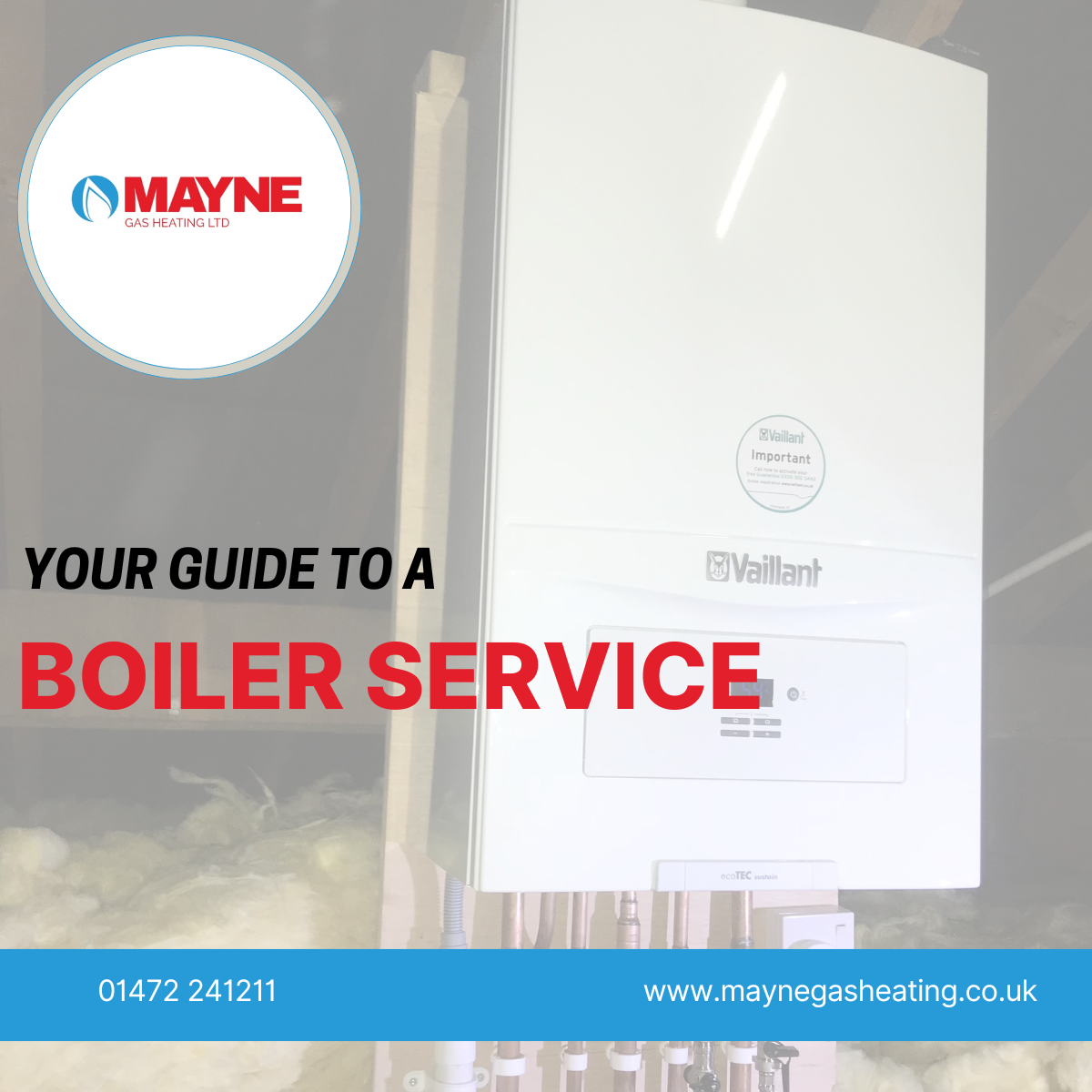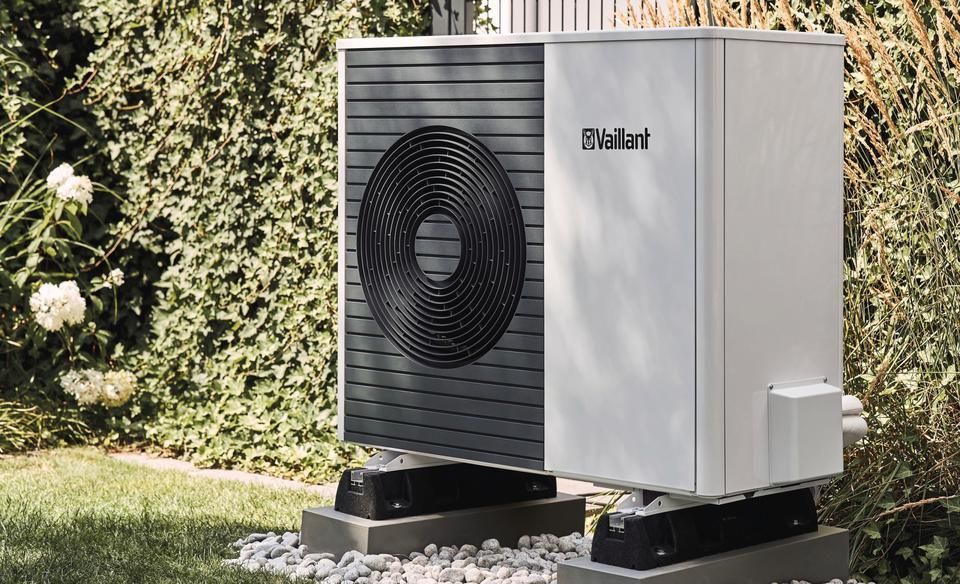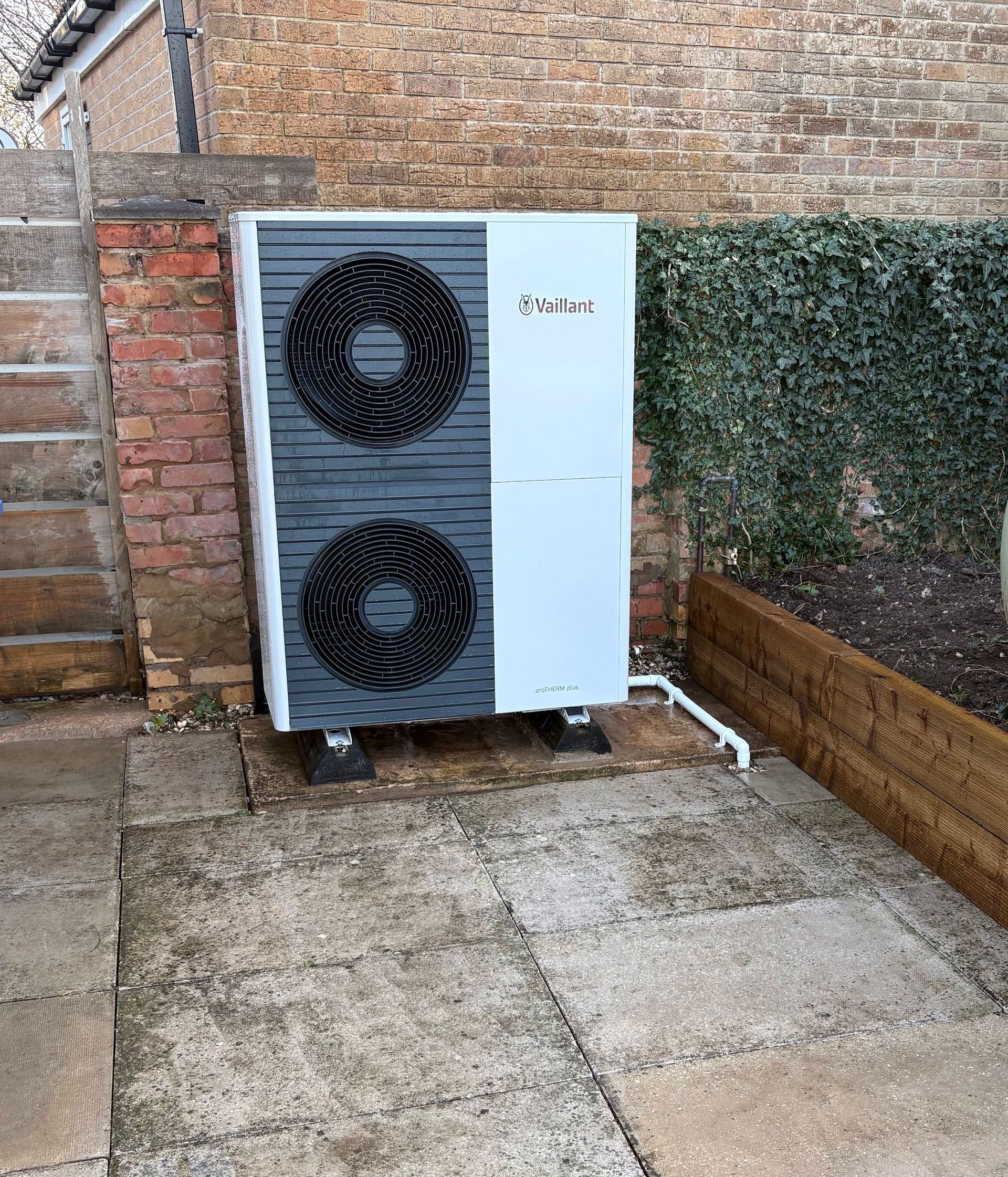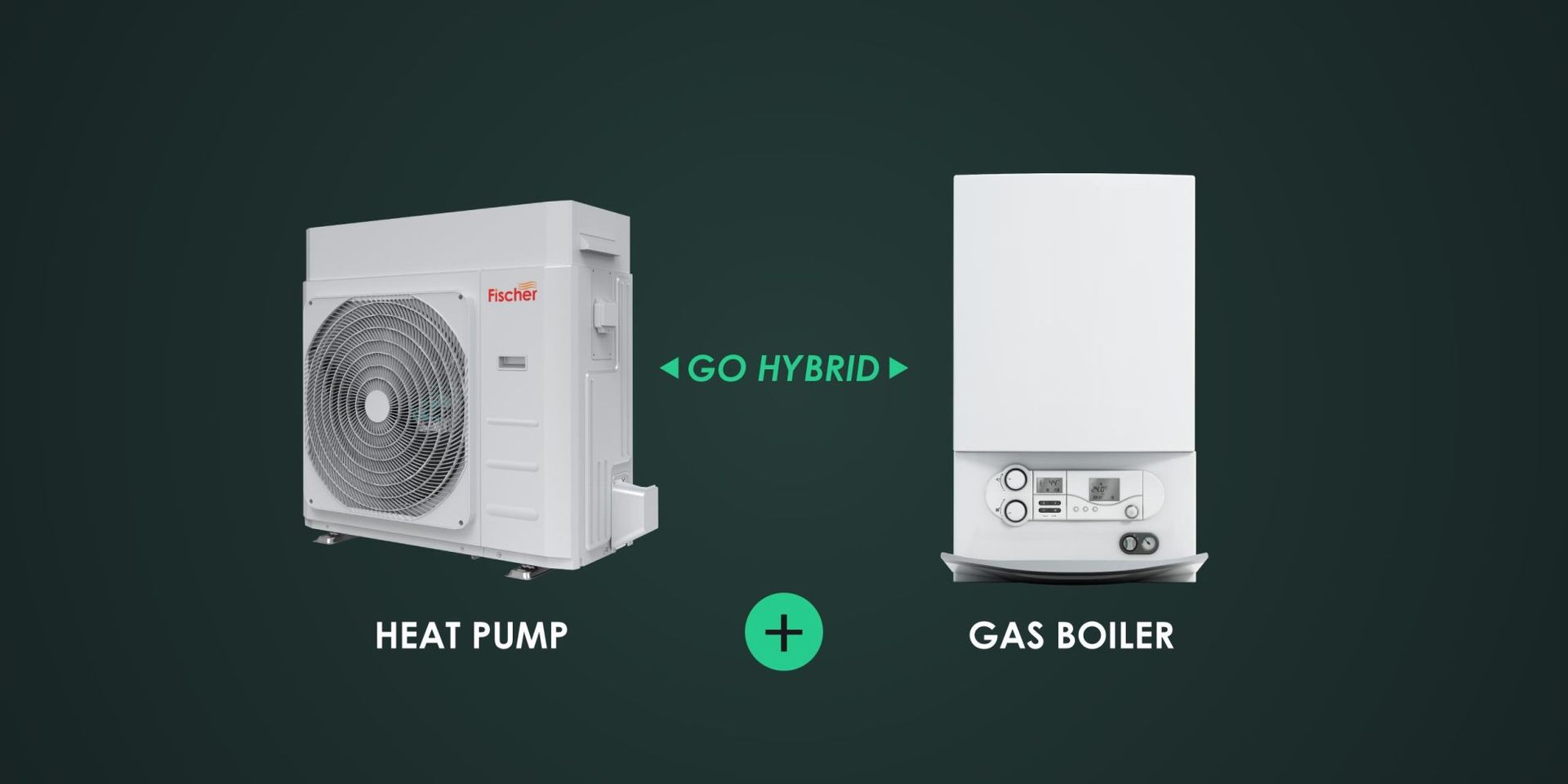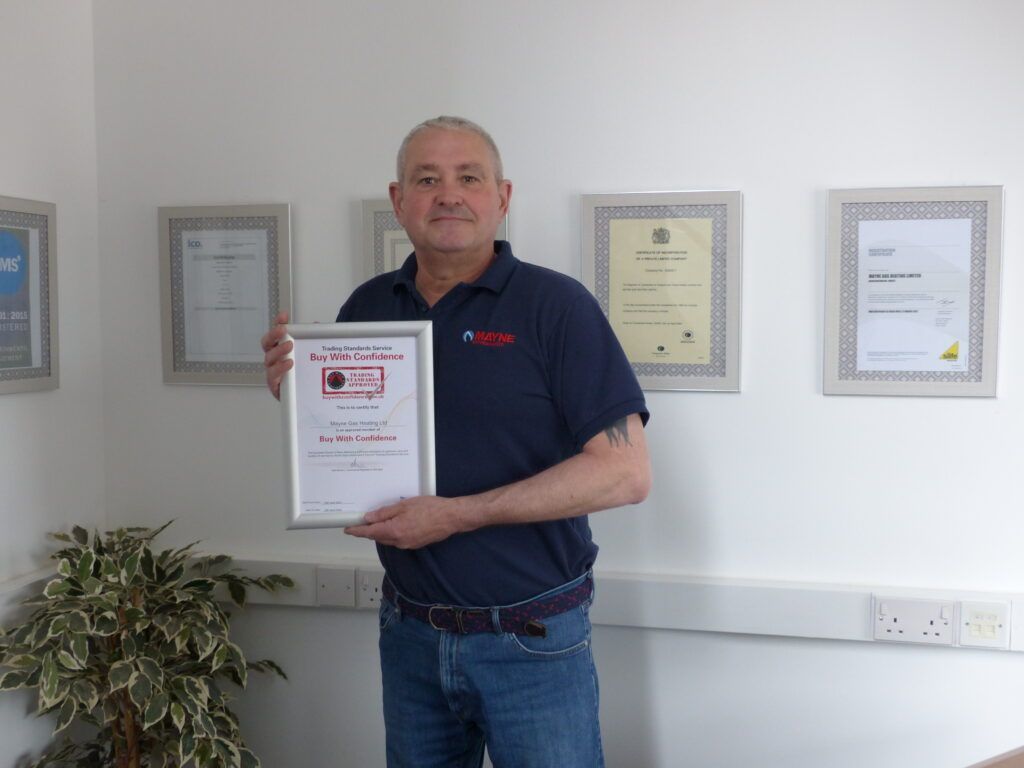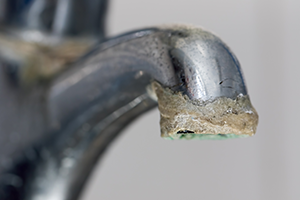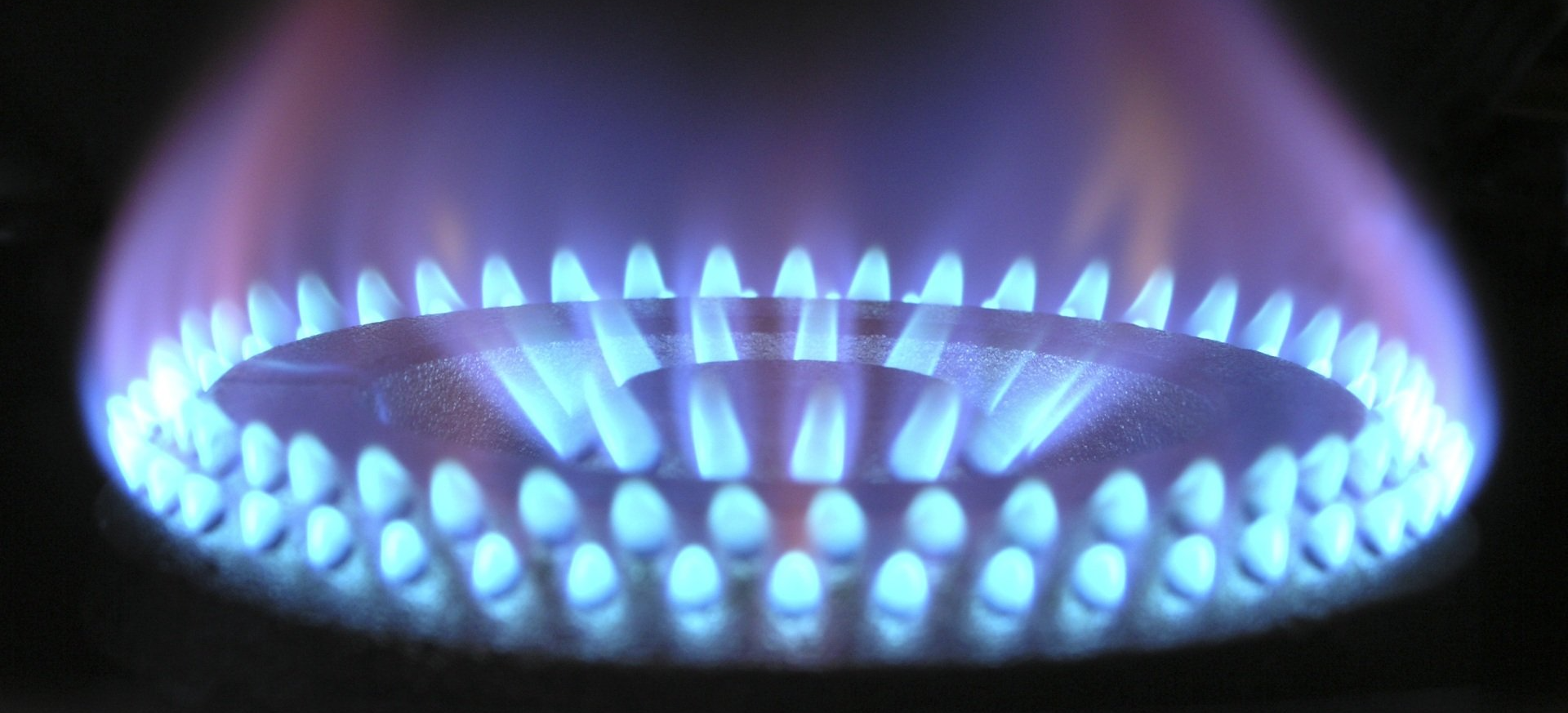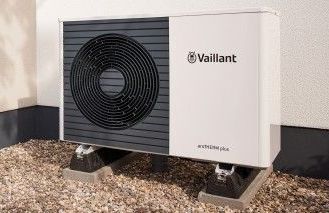How to bleed radiators with a combi boiler
Do you own a combi boiler? Ever had a problem with your radiators not heating up and someone always says ‘you need to bleed your radiators’? Great advice if you know what that means and how to do it - not great advice if you don’t have a clue where to begin!
Thankfully, the process is actually quite straightforward so you’ll have a lovely warm home again in no time.
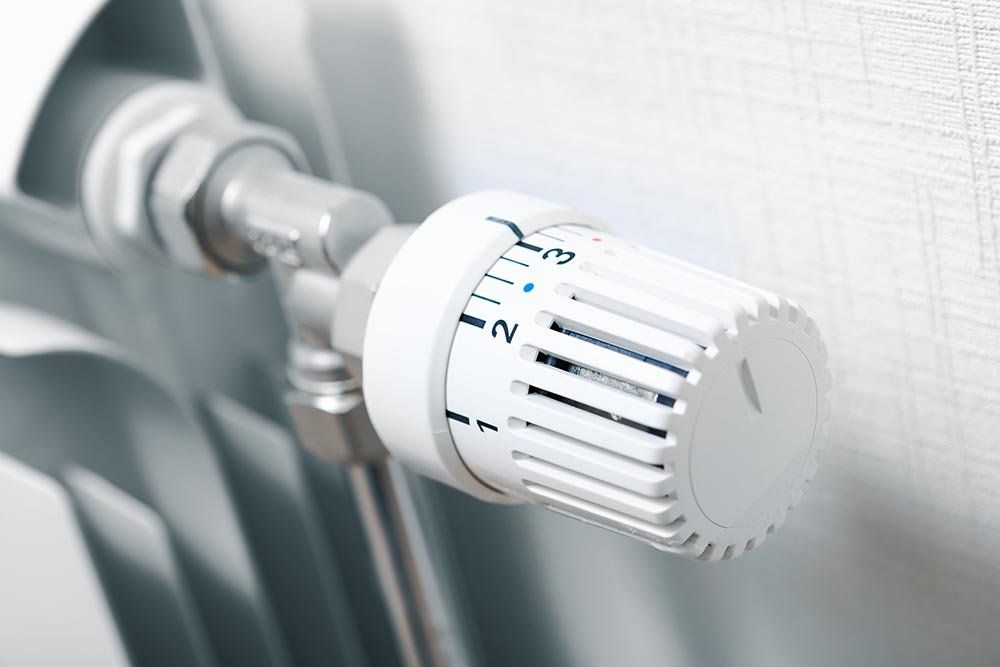
Why do radiators need bleeding?
When water is heated within your home heating system, it can create air bubbles. These bubbles get stuck inside the radiators and pipes and build up over time. After a certain length of time, these air bubbles will start to take up enough space that they stop the hot water from circulating properly.
Air doesn’t heat like water, so not only do they create cool spots within your heating, they also stop the hot water from getting where it needs to go - like your radiators. In the end, you end up spending more energy trying to heat your home, when certain parts just can’t be reached.
How does bleeding a radiator help?
It may sound serious but bleeding a radiator is a fairly easy process. It simply means to ‘bleed’ or drain the air bubbles out of your heating system so that the hot water can circulate properly again.
This improves the efficiency of your system and removes the cold spots - keeping your house warm!
When should I bleed my radiators?
Cold Areas
If you think your radiators might need bleeding, the quickest way to decide for certain is to see if there are any cold areas near the top of your radiators.
A properly functioning heating system will keep your radiators hot all over, so any cold areas indicate that the hot water is not circulating right.
High pressure
Your boiler should have a pressure gauge and you can use this to check your heating system’s health. A combi boiler should have a pressure reading of 1 to 1.5 bar when the heating is off and the water isn’t running.
If you check with these parameters in place and the reading is higher than this, then chances are your radiators need bleeding.
Things that go bump
You might start hearing strange sounds in the night, but don’t go calling the ghostbusters just yet! Those odd bumps and gurgles are more likely to be the air bubbles passing through your pipes, and the water trying to flow around them.
How to bleed a radiator
Now you know how to identify radiators that need bleeding, what’s the next step?
Bleeding a radiator is not too difficult, but you need to prepare a few things before you begin.
The tools you will need are:
- A bleed key - one should have come with your combi boiler, or you can get one at any local hardware shop
- A bucket or large pan to collect water
- Scrap cloth that you don’t mind getting dirty
- Gloves to protect your hands from any hot water drips
Bleed keys are easy to buy if you have lost yours, so don’t worry. The rest of the tools you should have easily to hand.
Start by turning your combi boiler up to the highest setting, turn all of your radiators up to the highest setting and wait for them to get hot.
Use the gloves to check for cool areas at the top of each radiator so you know where to start bleeding.
Make a note of which radiators you are going to bleed and then turn your combi boiler off. You should ideally start with the radiator furthest from your boiler and finish with the one closest.
You must wait for the radiators to cool before you begin bleeding.
Otherwise you could end up injuring yourself with the hot water and steam that can be released.
On each radiator there should be a radiator valve. It will either be on top or on the side of your radiator.
Lay out your cloth under your chosen radiator and have your bucket ready underneath the valve for any drips.
To start the bleed, insert your radiator key and turn it anti-clockwise. You should only need to go about a quarter or half turn
If the radiator needs bleeding, you should hear the air escape as you turn. Use the cloth to wipe up any water drips and just be cautious of any steam escaping if the radiator isn’t fully cooled.
Once water starts trickling from the valve with no hissing, close the valve and wipe away any excess water to prevent rusting. Don’t force the valve closed too tightly, it just needs to be secure.
.
Repeat this process with all of your radiators that need bleeding, ending with the one closest to the combi boiler.
Turn your combi boiler back on and turn up all your radiators again. Check the pressure gauge and look for any new or existing cold areas. If you find any, you’ll need to repeat the process and bleed them again.
Don’t worry if the pressure gauge shows a bit lower than 1 when you recheck the system - sometimes this happens after a radiator bleed. You may need to re-pressurise your combi boiler if this happens.
Bleeding radiators is a task that most people can do at home easily and it will help not only keep your heating system working efficiency but also save you money on your heating bills.
To keep your combi boiler heating system healthy, remember to check your radiators every few months. You can also call us here at Mayne Gas Heating if you have any questions or concerns about your home heating system.

